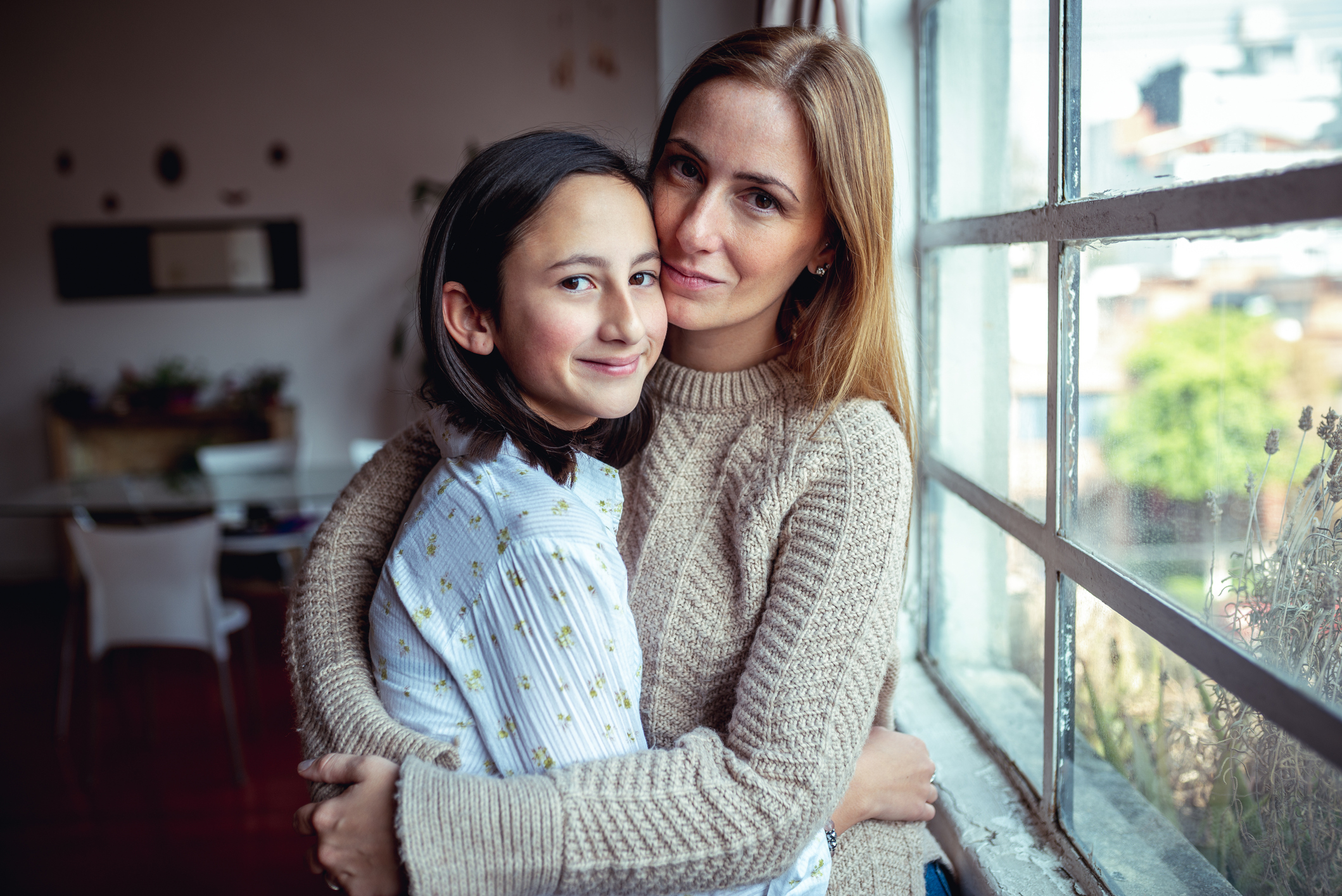If your heart’s desire is to be a good mom, it’s easy to fall victim to the idea that it’s all up to you—that every high and every low for your child hinges entirely on your parenting prowess. And while we should work hard to parent with intention and wisdom, it’s not all up to us.
Your child came into the world with her own set of innate strengths and weaknesses. She will bump up against people every day who may or may not treat her fairly. She will have some friends you find to be a great influence and others who drive you nuts. There are factors at play in her life that are completely outside of your control. So what do you do with all of that?
The first step is to realize that these less-than-ideal factors and circumstances are reality—ignoring or denying them does no one any good. Once you’ve accepted that this is the hand you’ve been dealt as a parent, you can tailor your parenting moves to address them. Consider these five things every mom needs to accept.
1. Your child won’t be good at everything.
In fact, there will be some things she outright stinks at. And that’s okay. It gets a little complicated when the child has a love for something he or she doesn’t excel at, and you know the competitive process will eventually squeeze them out. I remember a mom of older kids telling me that her son “didn’t quit baseball—baseball quit him,” when he didn’t make the high school team. The sport he loved didn’t have room for him on the roster anymore. But we all find the end of the road on things we enjoy in life, and your role may be to help your child identify and cultivate other talents and interests to lessen the sense of loss.
2. You can’t always pick your kids’ friends.
I loved the preschool years when my kids’ friends were simply the children of MY friends. But when they get into the upper grammar, middle and high school years, they choose friends based on chemistry and mutual interest. Sometimes you think it’s a great, appropriate fit—other times, not so much. And, while in some cases, your concerns are serious enough that you limit or even prohibit certain friendships, most of the time you are best served by making your concerns known to you child and keeping a close eye on the situation. For instance, if your child has formed a friendship with a kid whose parents make choices which conflict with your morals and values, you might simply explain to your child that time spent together outside of school has to be in your home, with your rules, on your terms. If it’s the friend who is making bad choices, you might have to take further measures to protect your child.
3. You’re going to mess up sometimes and have to do damage control.
If you’ve never had to apologize to your child for saying or doing the wrong thing, you’re either superhuman or not at all self-aware. You’re going to blow your stack or accuse without all the facts. You’re going to assume without asking or take a too restrictive approach sometimes. We all do. But what sets good parents apart from the rest, in many cases, is the willingness to acknowledge our mistakes and own them. To make amends with our kids to repair the damage done in our weaker moments. To hold ourselves accountable, even though we’re in charge. Take a deep breath, confess, and make it right—you can even try writing your child a letter! The good news is that we all get a fresh start with every new day.
4. Sometimes your kid is going to get a raw deal. And that’s OK.
It’s not ideal, but consider this: Unfair treatment is a part of life. When your children encounter a friend, teacher, or coach who doesn’t necessarily treat them in a way they deem to be fair, you have an opportunity to walk through the process of how we respond (and even more importantly, how we don’t respond) in such situations. You have an opportunity to talk about forgiving when it’s hard and refraining from repaying the unfairness with an equally bad act or attitude. But if you protect your child from all such situations during their formative years, how will they react in the “real world” when it inevitably happens? Sure, sometimes you go to bat to right a wrong for your child, but more often, the wise parent will treat it as a learning experience.
5. You are a better mom than you give yourself credit for.
The fact that you’re reading these words tells me that you want to do what’s best for your children. You want to be the best mother you can be. And even though you’ll stumble from time to time along the way, you’re doing a better job than you recognize. Parenting is a delayed gratification game. We don’t see the fruit of our hard work for many years in some cases. But nothing done for your children is wasted. Instead of being overwhelmed by what you don’t know and can’t do, take a minute each night to reflect on one thing—just one thing—that you got right that day. It can be as simple as packing a great school lunch or getting through two full loads of laundry. Maybe you read a book at bedtime or made your kid laugh. Give yourself a little credit, then just do the next thing.
Let’s Talk: What have you encountered as a parent that required you to accept and parent through?
Dana Hall McCain writes about marriage, parenting, faith and wellness. She is a mom of two, and has been married to a wonderful guy for over 18 years.










